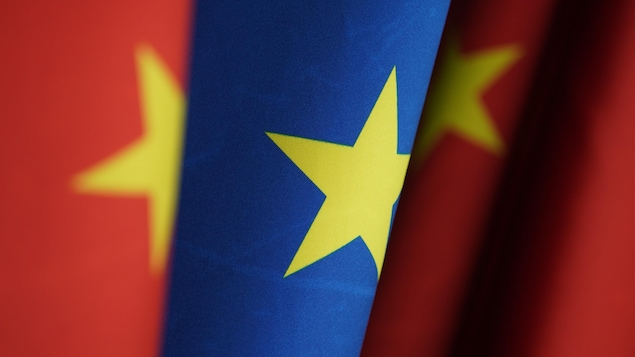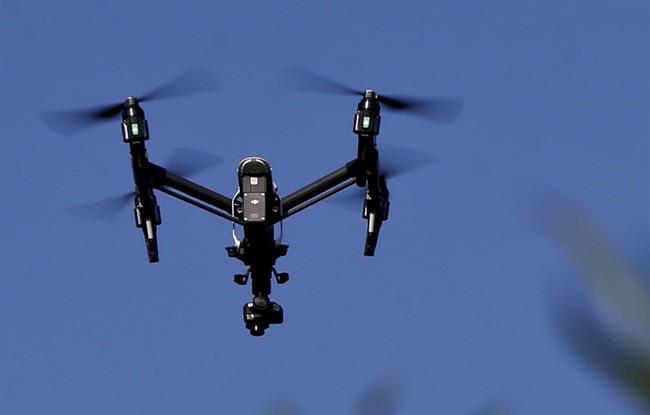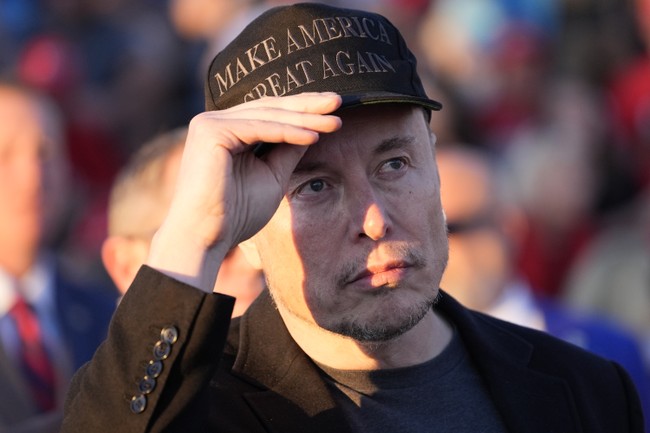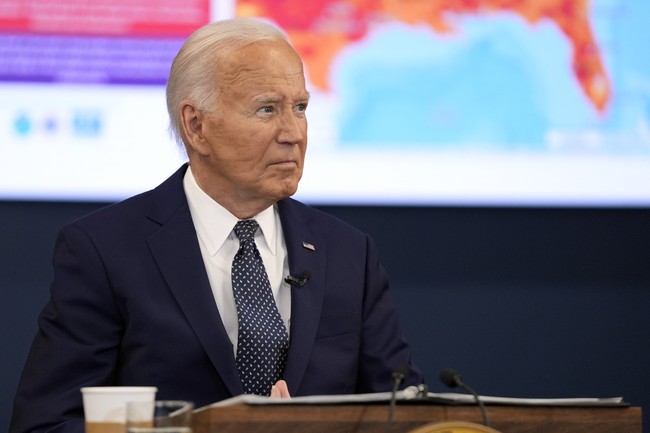Global Tensions: Sanctions and Diplomacy in Ukraine
Explore the intricate dynamics of international relations as the EU sanctions China, Trump criticizes Biden's Ukraine policy, and leaders discuss peace amidst ongoing conflicts.
Published December 20, 2024 - 00:12am

Image recovered from ici.radio-canada.ca
International discourse surrounding the Ukraine conflict has gained significant attention, focusing on the multifaceted responses from global leaders amidst unwavering geopolitical tensions. The European Union, in a significant move, has implemented broad sanctions targeting a Chinese individual and six companies allegedly linked to violations of existing trade restrictions with Russia. This rigorous stance against China symbolizes a strategic escalation within the EU's efforts to deter any technological aid flowing into Russian military operations.
The sanctions incorporate travel bans and asset freezes, intensifying from previous export controls to full-scale sanctions. This decision underscores a shift in the EU's policies, asserting a broader international coalition against nations involved in undermining Ukraine's sovereignty through technological transfers that facilitate military advancements.
Further amplifying the international pressure, the EU has added 52 new entries into its list of sanctioned vessels, part of the so-called 'shadow fleet,' deployed to transport critical resources to Russia, circumventing conventional Western regulatory frameworks. This strategic move accompanies a comprehensive array of individuals and entities, broadening the spectrum of sanctions beyond European territories, encompassing sectors from energy management to shadow corporate entities identified in Iran, North Korea, and beyond.
Parallel to these European endeavors, the United States political sphere is similarly embroiled in contention over Ukrainian aid policies. President-elect Donald Trump has openly criticized President Joe Biden's administration for granting Ukraine permissions to employ American long-range weaponry to strike Russian positions. This decision, perceived by Trump as diplomatically imprudent, highlights a division within U.S. foreign policy strategies as the incoming administration contemplates re-assessing military aid agreements.
Trump's categorical dissent emerges amid Democratic efforts to galvanize military and economic support for Ukraine, projecting a long-term commitment against Russian aggression. Trump's propositions underscore his intent to direct Ukraine's use of military assets and emphasize rapid conflict resolution, albeit potentially at significant diplomatic costs. The rhetorical shifts seen in European and American political arenas echo within Ukraine, with President Volodymyr Zelensky navigating a delicate balance between securing Western aid and engaging in diplomatic negotiations.
The European Union remains steadfast in reinforcing Ukraine's strategic defenses, as articulated during a high-profile summit in Brussels. Here, European leaders collectively voiced unwavering support for Ukraine, ensuring no diminution of aid regardless of shifting political winds in the United States. These discussions align with initiatives to reinforce NATO's presence in Eastern Europe, although proposals for deploying EU peacekeeping forces remain tentative.
Ukrainian advocacy for NATO membership, echoing within international circles, has found a complicated landscape. Despite backing from several state leaders, internal hesitations linger, dictated by geopolitical sensitivities and national interest realignments. Zelensky's strategic redirection, somewhat compelled by changing U.S. political dynamics and domestic permissiveness toward negotiations, underscores evolving strategies within Kyiv in response to constrained military tenacity on critical fronts like Crimea and Donbass.
Simultaneously, Russian President Vladimir Putin maintains a resolute posture, indicating openness to dialogue with Trump whilst highlighting the prerequisites for such diplomatic overtures based on situational realties. Russia's strategic calculus demands Ukrainian concessions on regional disputes, threatening to crystallize the geopolitical rift further barring diplomatic breakthroughs.
These global deliberations, underscored by the presence of tangible and potential geopolitical realignments, demonstrate the continued complexities inherent in addressing modern international conflicts. The unfolding narrative of the Ukraine conflict brings to focus the transformative power of sanctions, international diplomacy, and strategic military alliances in shaping future territorial guidances and international relations paradigms.






